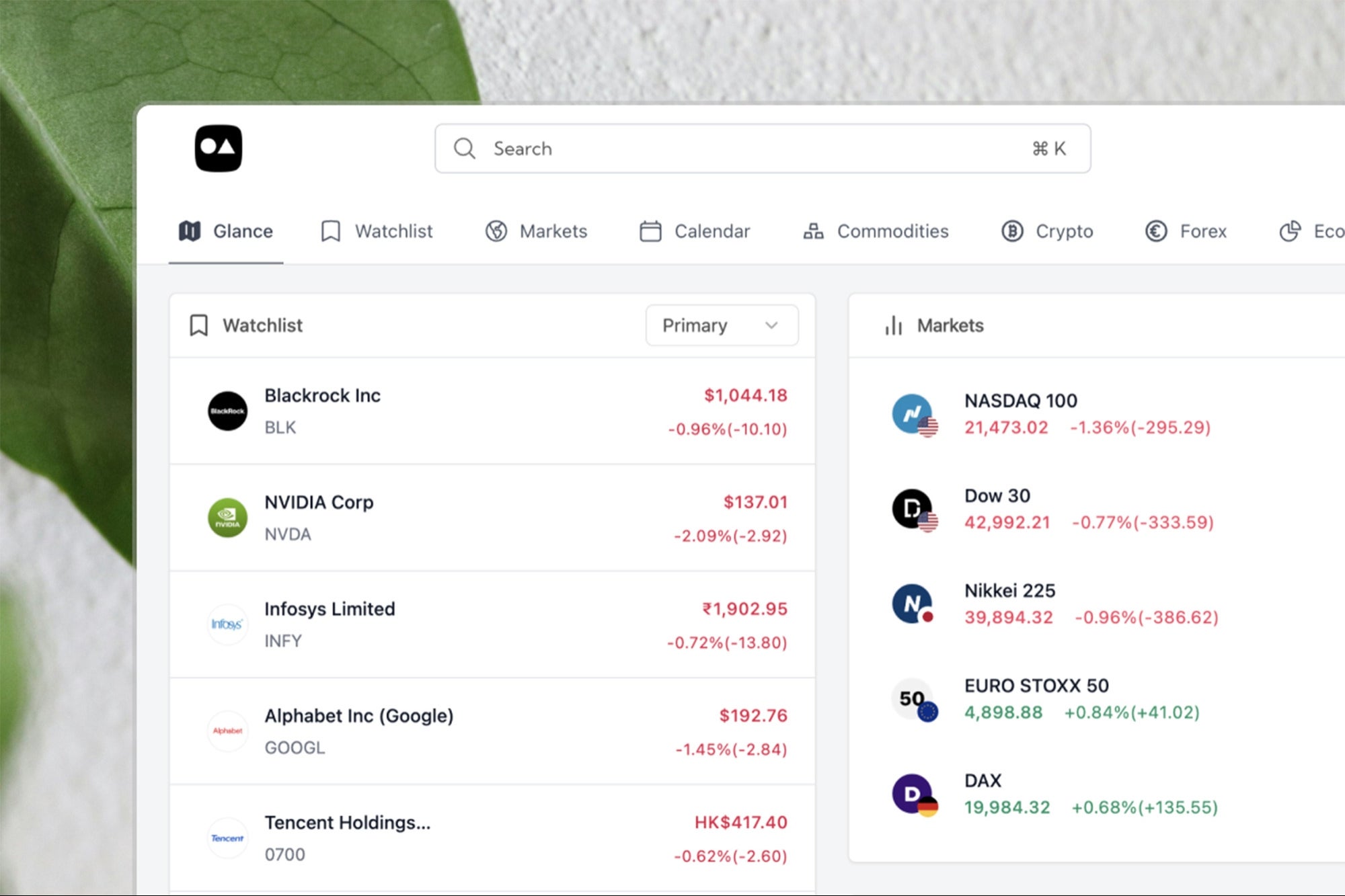Is the Customer Credit-Worthy? Don't extend credit to just anyone. Here's how to make sure you don't get burned.
The simplest customer credit policy has two basic points: 1) limiting credit risk and 2) diligently investigating each company's credit-worthiness. No matter how credit-worthy a customer is, never extend credit beyond your profit margin. This policy ensures that if you aren't paid, at least your expenses will be. For example, if you mark up your product or service 100 percent of costs, you can then safely risk that amount without jeopardizing your company's cash flow.
To gauge a company's credit-worthiness, draft a comprehensive credit application that contains the following:
- Name of business, address, phone and fax number
- Names, addresses, Social Security numbers of principals
- Type of business (corporation, partnership, proprietorship)
- Industry
- Number of employees
- Bank references
- Trade payment references
- Business/personal bankruptcy history
- Any other names under which the company does business
- A personal guarantee that the business owners promise to pay you if their corporation is unable to
Your credit application should also specify what your credit terms are and the consequences of failing to meet them. Indicate what late fees you'll charge, if any; that the customer is responsible for any attorney fees or collection costs incurred at any time, either during or prior to a lawsuit; and the venue where such a suit would be filed. Have your credit application form reviewed by an attorney specializing in creditors' rights to make sure it is in line with your state's regulations.
Once a potential customer has completed the application, how do you investigate the information? One way to verify the facts and assess the company's credit histories is to call credit-reporting agencies. Some companies' payment histories will also be available through Dun & Bradstreet. Because credit agencies' reporting can be unreliable, however, it's also a good idea to call others in the industry and try to determine that company's payment record and reputation. Most industries have associations that trade credit information.
Also ask the customer how much credit they think they will need. This will help you estimate the volume of credit and the potential risk to your business. Finally, as one BIZ Experiences says, "Use your intuition. If someone doesn't look you straight in the eye, chances are they won't let you see what's in their wallet, either."
Excerpted from Start Your Own Business: The Only Start-Up Book You'll Ever Need, by Rieva Lesonsky and the Staff of BIZ Experiences Magazine, © 1998 BIZ Experiences Press










